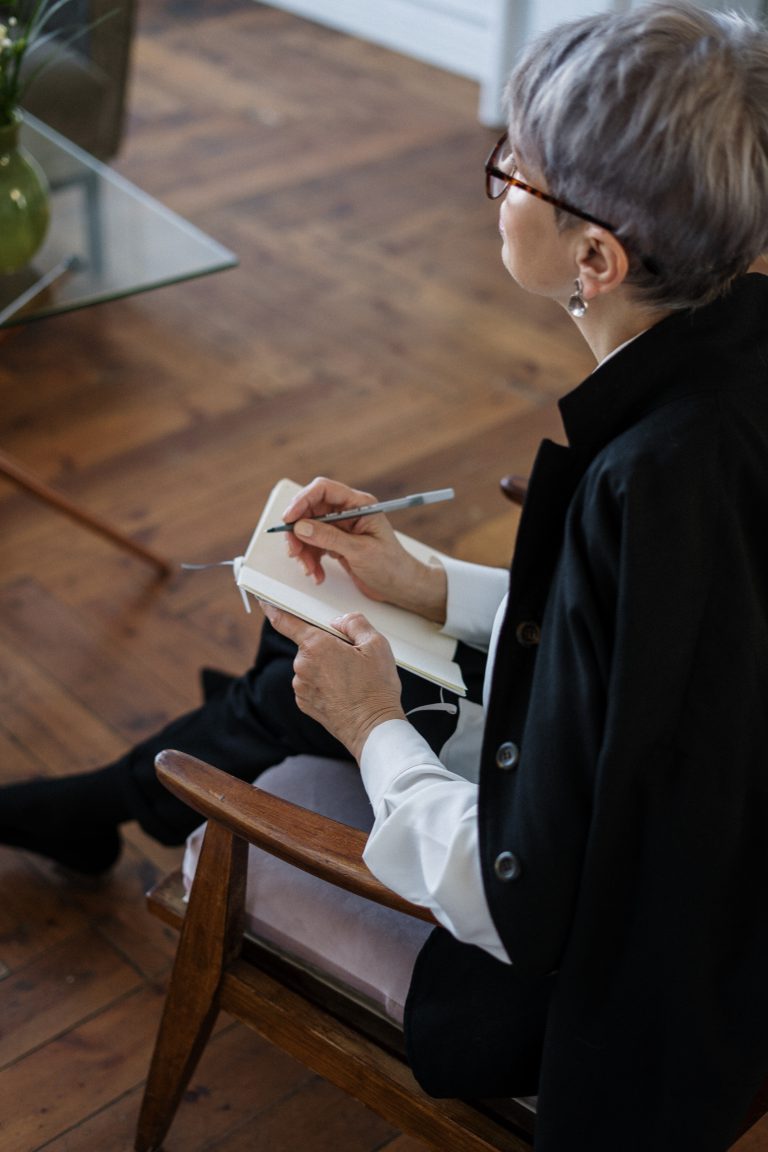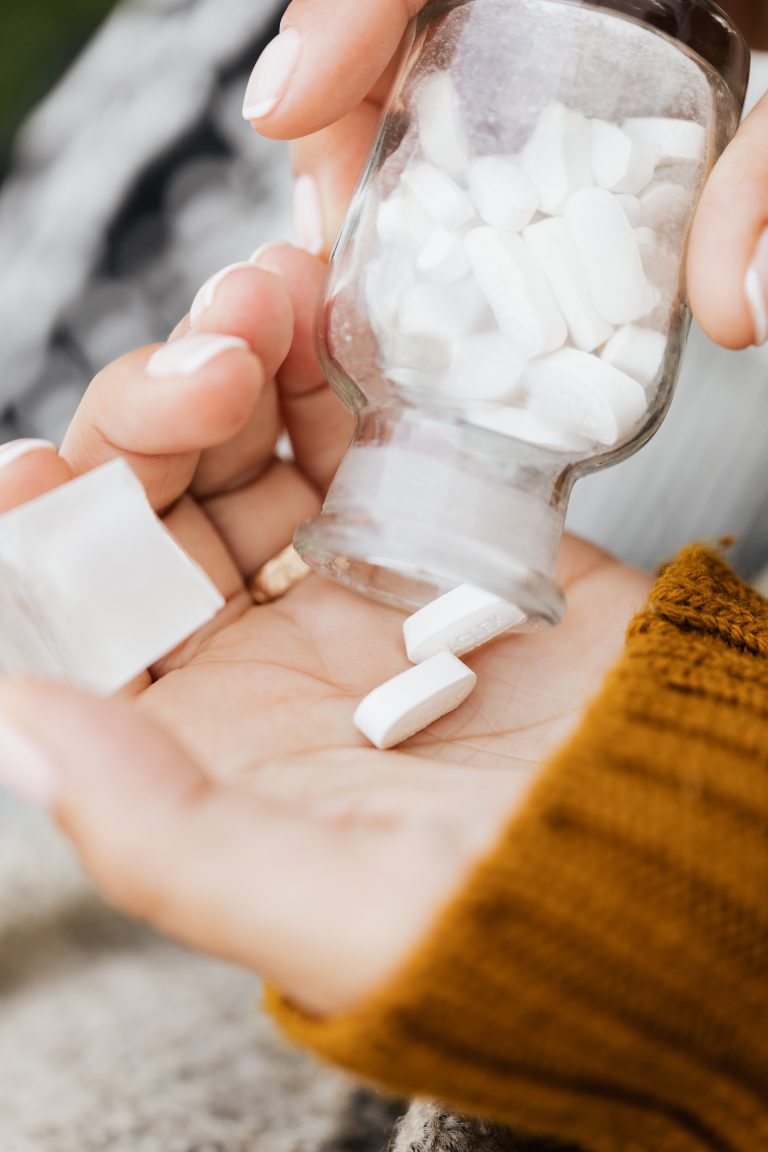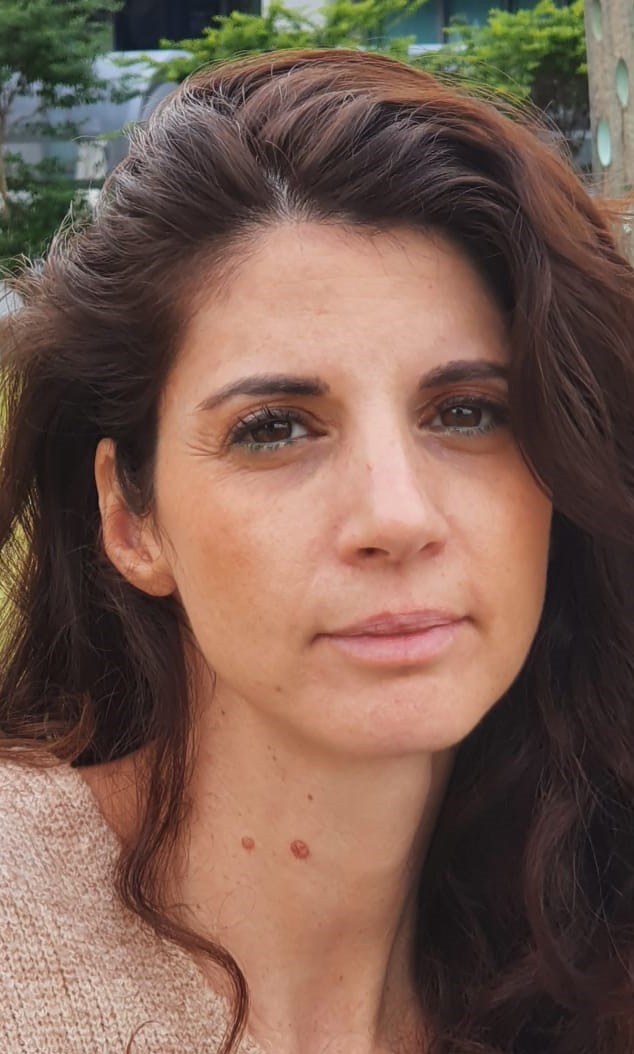Take it like a man. Man up. These phrases evoke images of strong, stoic men, rising above circumstances and absorbing punishment without blinking. Men who don’t allow pain or emotions to get in their way of “getting the job done”. The dog in the comic? He’s taking it like a man. The house is on fire but far be it for him to panic, because he needs to keep it together. There’s coffee that needs drinking, and it would be unbecoming of him to let on that he’s distressed at all by the fact that his home is consumed in a fiery inferno.
The comic is an exaggeration – but the mentality is not. What happens when the dog is a regular man and the burning house is gout, or a herniated disc in the spine, or crohns? What happens when the burning house is burn out, exhaustion, or depression stemming from chronic pain? When men bear their problems in silence, they’re complimented for their resilience. Is this the right message to send to people in difficult circumstances? How are men with chronic pain being affected by the pressure to adhere to a traditional image of masculinity, and what happens when they are unable to?
How ideals of masculinity can put men’s physical health at risk
Researchers into the way men manage chronic pain have documented that men abiding by hegemonic ideals of masculinity are often likely to understate or deny their symptoms of chronic pain, or to deny the extent to which pain affects their life and sense of self (Blackbeard & Aldous, 2021). The traditional societal expectations of men to be stoic, independent, invulnerable, strong, and resilient, place men affected with chronic pain in a delicate social situation. The pressure to adhere to traditional views of masculinity can cause men to be less likely to seek or receive help, and more likely to go against medical advice and engage in activities that are a risk to their health (Blackbeard & Aldous, 2021).
In a society that heaps so much praise on accomplishment and self-sufficiency, men are socially rewarded for neglecting their health and hiding any sign of physical or mental pain. Tough it out, suck it up, be a man, and no matter what, don’t let on if you’re struggling. That is a dominant message that men have received for a long time, and they pay dearly for their internalization of this suppressive mentality. Men living with chronic pain may feel required to maintain full physical functionality, whether that means heavy lifting or displaying athleticism. They also may feel inhibited to express pain out of fear of seeming weak and vulnerable. The pressure to adhere to masculine ideals based on machismo influences men with chronic pain to risk their physical well being by ignoring symptoms. It can prevent them from communicating the severity of symptoms to doctors and loved ones, compromising their ability to receive appropriate treatment.
However, when pain or pain-related symptoms become severe enough, even the most stereotypically masculine man is likely to see their ability to function affected. The inability to live up to impossible expectations places men in a bind when circumstances force them to acknowledge pain or seek treatment. Rather than feeling like they’re doing the right thing by taking care of themselves, there’s a chance that they’ll feel like less of a man, or even like a failure. Instead of feeling unburdened by having the opportunity to share what they’re going through, they may feel emasculated and ashamed for needing to express their experiences to another person.
Chronic pain, masculinity, and mental health
Living with chronic pain affects far more than just the physical body. The mental toll of living with chronic conditions is significant and potentially dangerous if left unaddressed. Here too, men are affected by traditional ideals of masculinity. In the same way that men are expected to be physically strong and competent, they are also expected to be mentally composed and unshakeable. The shame of admitting mental and emotional struggles because of ongoing pain, whether anxiety, depression, or grief, forces men to manage their difficult feelings and emotions alone. Trapped between compromised physical and mental health on one side, and a threat to their masculinity on the other, men may endure fear, loneliness, and a slowly eroding sense of self. While the image they project to those around them may be that they are confident and coping well, they may be concealing deep pain, fear, depression, vulnerability, and loneliness. The only emotion that men are regularly encouraged to display is anger. Anger, while a valid and important emotion, is associated with increased inflammation and tension, which makes it a contributor to higher levels of pain.
A more empowering model of masculinity
The good news is that we are in an era where it has become normal to reexamine long held beliefs about gender roles. The permission that we give ourselves to redefine what it means to be a man, or to be masculine, can be a powerful antidote to the feelings of failure, loss of confidence, self-esteem, desirability, motivation, and relevance that men living with chronic pain frequently feel. If ideals of masculinity place less emphasis on resilience, physical strength and competence, and place more emphasis on the aspects of masculinity related to relationships and personal responsibility, it’s possible for men to acknowledge their struggles with pain and receive support without feeling like they are compromising their status as men (Blackbeard & Aldous, 2021).
We don’t have to completely dismantle the existing model of masculinity to create space for men to be honest and vulnerable about their experiences of pain. There are existing ideals within traditional masculine values that can empower men to share their struggles, and also to get the help they need. For instance, the message within traditional gender norms that men should be responsible and dependable can be a powerful motivator for men to maintain their physical and emotional health. When masculinity is seen less in terms of toughness, and more in terms of a positive role played within society, community, and family, being open about struggles and seeking assistance become experiences of maintaining masculine identity, rather than a threat to it. By being able to take actions that enhance their ability to fulfill their roles in relationships and society, men can gracefully adjust their sense of masculine identity without feeling that they’re losing it.
Men are not weak if they feel pain, and they aren’t failures if they ask for help. The internalized pressures to which men feel compelled to bow can be reexamined, restructured, and reprocessed so that they no longer entrap them in unhealthy attitudes. Risking physical and mental health to protect detrimental ideals of masculinity doesn’t just jeopardize men’s well being, it limits their ability to step into more holistic masculine identities. Men have the permission, and the ability, to relate to masculinity in ways that connect them to who they are, rather than that emphasize only what they do and accomplish. Being a man with chronic pain doesn’t have to mean being less of a man.
References
Blackbeard, D., & Aldous, C. (2021). Chronic pain and masculine identity: life-world interviews with men at a South African Pain Clinic. Int J Qual Stud Health Well-being, 16(1). https://www.ncbi.nlm.nih.gov/pmc/articles/PMC8405105/





